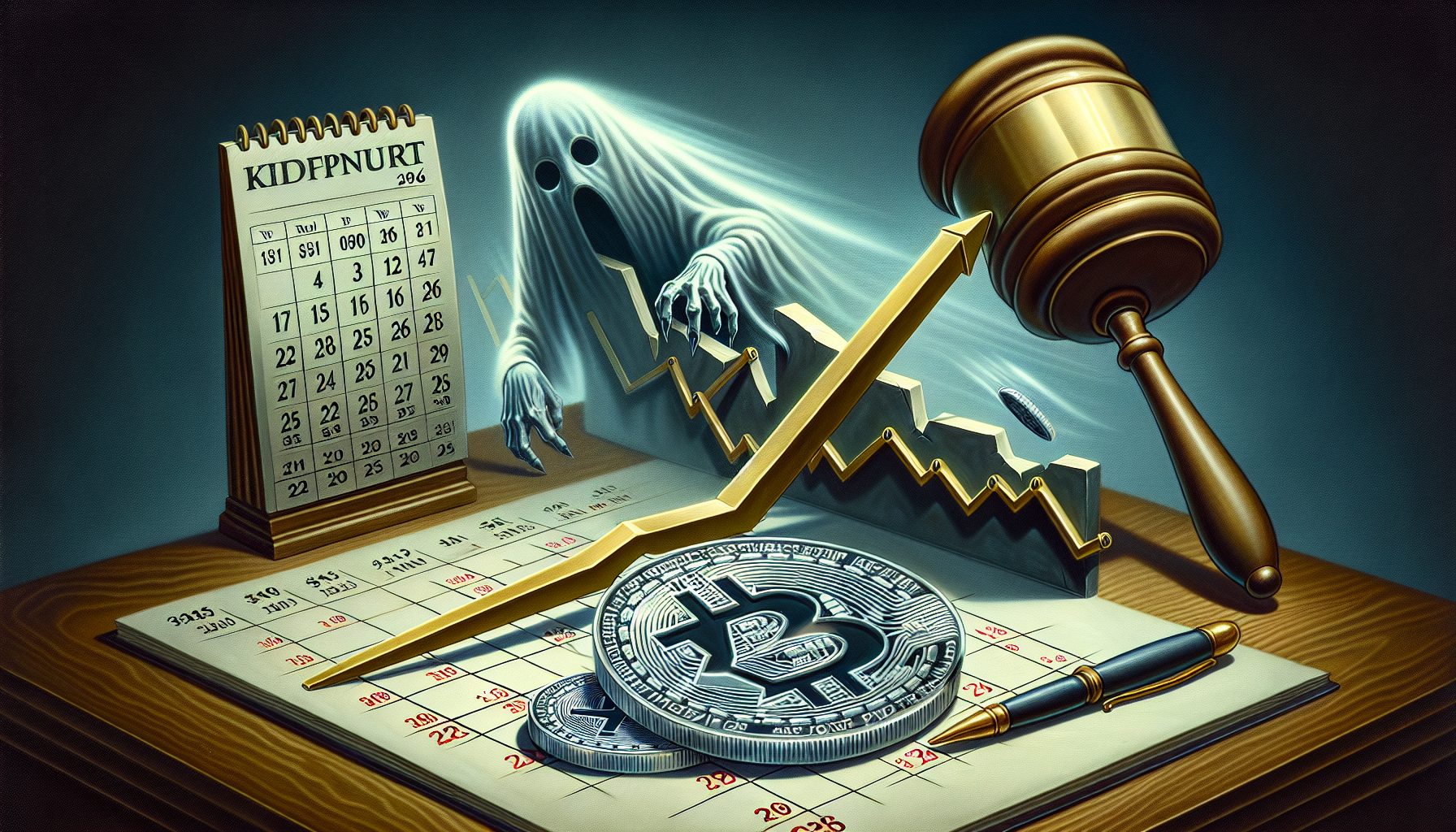Texas Senator Ted Cruz is backing a proposed bill that could force ByteDance, the parent company of TikTok, to divest the social media platform. Failure to do so may lead to a TikTok ban in the U.S.
The bill stems from concerns that ByteDance could potentially share sensitive user data with the Chinese government. The company’s opaque data privacy policies fuel these worries.
By endorsing this proposal, Cruz becomes part of a growing bipartisan group intensely scrutinizing TikTok’s U.S operations concerning national security.
If passed, this legislation could be a watershed moment in how the U.S. regulates social media platforms, especially those originated overseas, forcing TikTok to either sell its operations to a U.S. firm or face a complete ban.
Reducing Chinese influence over TikTok is Cruz’s motive, not removing the app. The Senator believes a U.S. takeover could ensure user safety and improve the platform’s interaction.
He promotes the concept of a U.S.-controlled TikTok, as he fears misuse of user data could pose substantial risks. While valuing TikTok’s popularity, Cruz emphasizes the need for robust data security.
Cruz is deeply concerned about China’s increasing control over American tech platforms and has urged for immediate action to protect user data and to prevent any unauthorized access or influence.
A sentiment supported by other Senators, they attempt to shift the bill’s perception from a ‘ban’ to a ‘divestment’, offering ByteDance 165 days to relinquish their TikTok holdings, dispelling the need for a complete app shutdown.
The Senators are shifting the narrative and encouraging ByteDance to use this period to strategically move their holdings. They argue this will create safer user experiences for TikTok users in the U.S.
Silarly, Senator Mark Warner notes the legislation is not intended to stifle innovation or user earnings, but to counter potential manipulation by the Chinese Communist Party.
While the future of the bill is uncertain, the progress made in the House and the ongoing discussions aim to balance fostering technological advancement while ensuring the safety of sensitive user information.
ByteDance continues to label the bill as a potential ‘TikTok shutdown’, encouraging users to oppose the legislation, arguing it could compromise their ability to create and share content freely.
Regardless, lawmakers seem determined to proceed with the bill, prioritizing national security concerns over social media impact. The ongoing negotiations between the tech giant and lawmakers could shape the country’s digital security future.









